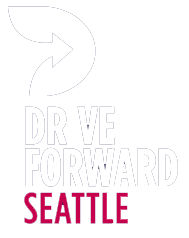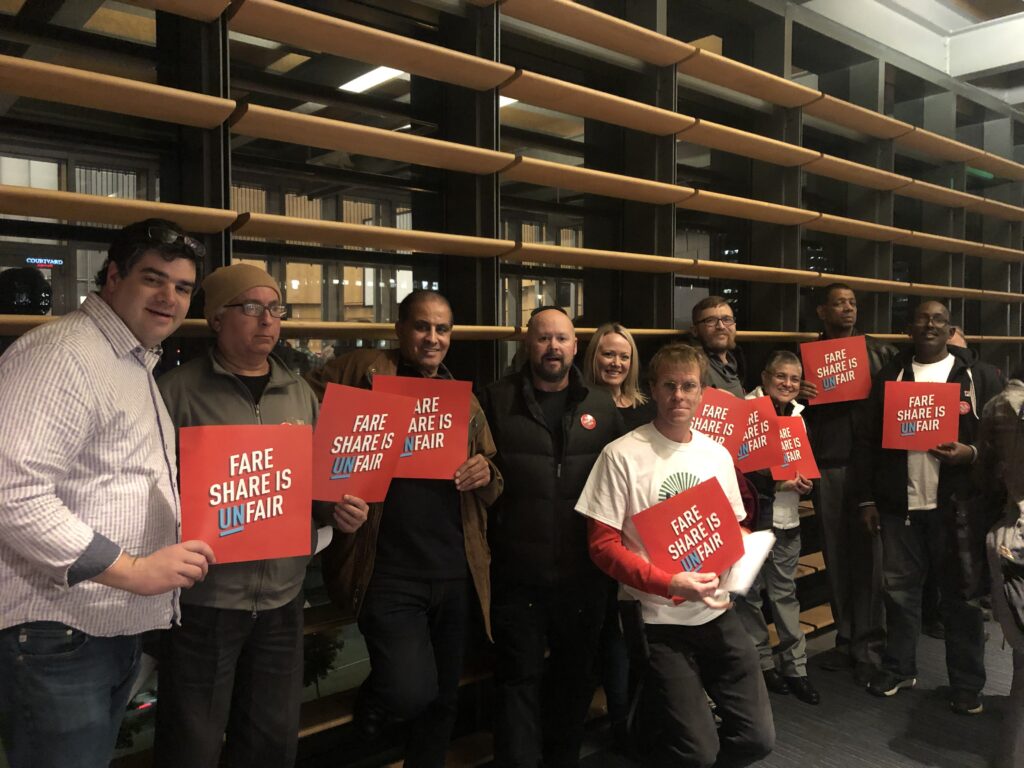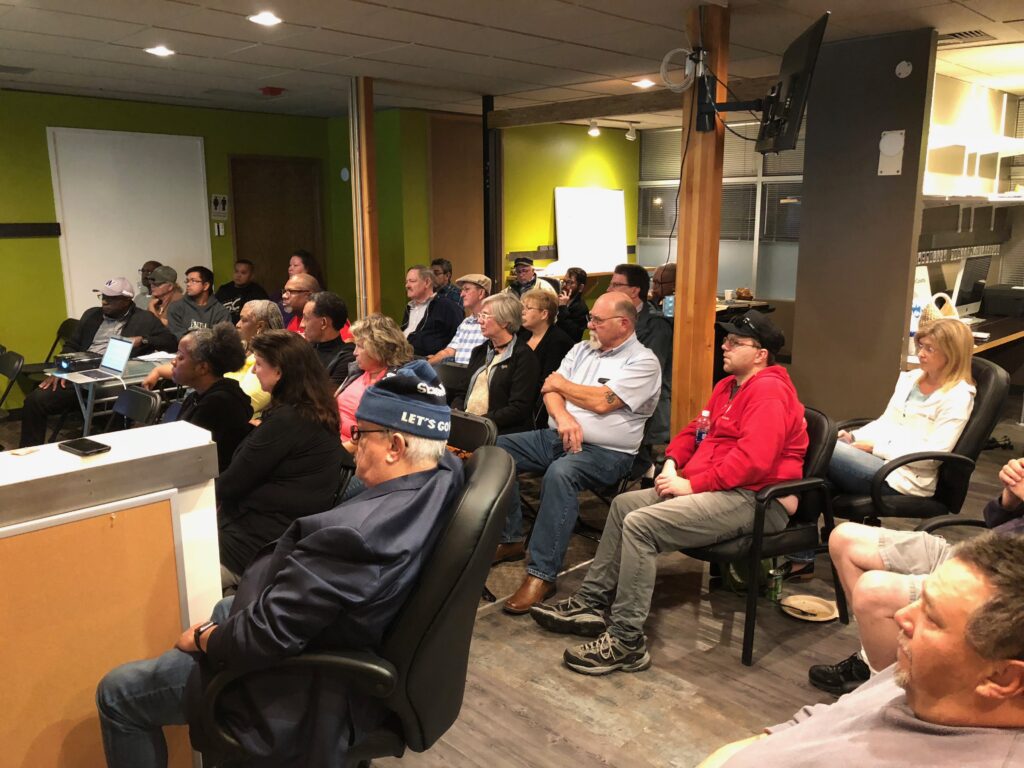On Tuesday, the Seattle City Council introduced the “PayUp” Ordinance that attempts to establish a minimum earnings standard for all app-based independent contractors except rideshare drivers. We think this ordinance is a good first step but it is not ready for primetime.
Sign our letter to the Seattle City Council to let them know we expect better from them!
First let’s look at who is and is not covered under this ordinance. The PayUp Ordinance is quite broad in its coverage, it covers any “person who has entered into an agreement with a network company…” and is “accepting offers to perform services for compensation via a network company’s worker platform.” It does not, however, cover rideshare drivers, as they are covered under a separate ordinance passed in 2020. This ordinance’s coverage applies to both “on-demand network companies”, like DoorDash, UberEats, Grubhub, etc., and “marketplace network companies”, like TaskRabbit, Angi, etc. Some network companies would fall under both categories like Rover and Instacart. If you contract with or offer services through any of these platforms you could be covered by this ordinance.
This ordinance attempts to treat all independent contractors the same regardless of the many differences in what we do all while creating a cap on earnings by tying the earnings standard to each task/job. Drive Forward supports a minimum earnings standard that guarantees at least the minimum wage for independent contractors. However, there are significant differences in how independent contractors earn across the various platforms. Contractors on TaskRabbit or Rover can set their own rates, whereas DNC contractors cannot. Services provided on some platforms can be pre-scheduled and can last for days, weeks, or months. Other platforms are on-demand and offers are performed in minutes or hours. These differences are too significant to lump together in one hasty proposal without the research and studies to prove which variables or formulas represent the work we do. Any minimum earnings standard set by the City of Seattle needs to reflect these differences in the ordinance and not leave it to rulemaking.
Using a per task/job mechanism in the calculation of the earnings standard will, in effect, be a cap on earnings. Once the proposed standard is set in law, the companies that control the earnings rate will have little incentive to pay more than the minimum. To earn more than the minimum the independent contractor will have limited options available to them. They could cut costs incurred below the reimbursement levels established in the ordinance by cutting back on vehicle maintenance for example, or they could work more than 60 minutes of each hour by always accepting multiple offers simultaneously across platforms. In other words, independent contractors must work harder, not smarter, and possibly sacrifice safety to cut costs. This is not the effect this ordinance should have.
Of course setting any minimum earrings standard runs the risk of the platforms raising prices to customers. However setting the standard on a per task/job basis guarantees price increases. Any price increase will lead to lost demand from customers which means fewer tasks/jobs available on the platforms, and more competition for each task/job by contractors. This, naturally will lead to you receiving fewer requests and may result in a loss of earnings on top of the earnings being capped by the per task/job mechanism used in the ordinance.
Drive Forward staff and some members have spent months in stakeholder meetings with the City Council discussing more than just earnings standards, but they are only taking up three issues on flexibility, transparency, and an earnings standard without including the other expected pieces of this package around deactivation, background checks, anti-discrimination, and more. This shows a complete lack of transparency in the legislative process. To not propose the complete package of contractor protections simultaneously in a suite of ordinances makes it harder for our members to understand how each proposal fits together. Protections such as sick and safe time, restroom access, deactivation review, and others deserve to be discussed as a whole package not as a piecemeal set of ordinances so as to disguise from the public the full effects of the ordinances combined.
Drive Forward has put a meaningful alternative proposal on the table, and to date only one City Councilmember has discussed it with us. Our proposal would establish a minimum earnings standard for on-demand offers based on a weekly standard that bumps up earnings for contractors that fall below the minimum, making it possible for contractors to work smarter to earn more than minimum wage. Drive Forward’s proposal also contains meaningful contractor protections in concert with the earnings standard, not separately from, as we want every gig-contractor to be fully informed.
This City Council can, and should, do better to provide meaningful minimum earning standards reflective of each unique sector of the gig-economy, and not some half-baked one-size fits all ordinance that fails all independent contractors. We strongly request the City Council listen to all stakeholder feedback and make significant amendments to this flawed ordinance.
If you agree with us that this legislation is not ready for primetime, please sign on to our letter to the Seattle City Council expressing your disappointment in their work.




To paraphrase an old song “they can’t even run their own business I’ll be damned if they’ll run mine.” I generate revenue for my business through multiple apps from $20-$200 an hour. How can they calculate a minimum let alone a maximum cap on my income when they don’t even know what my Daily expenses are Let alone my long-term capital investments. To take advantage of some app-based opportunities you actually need several thousand if not tens of thousands of dollars upfront for equipment.